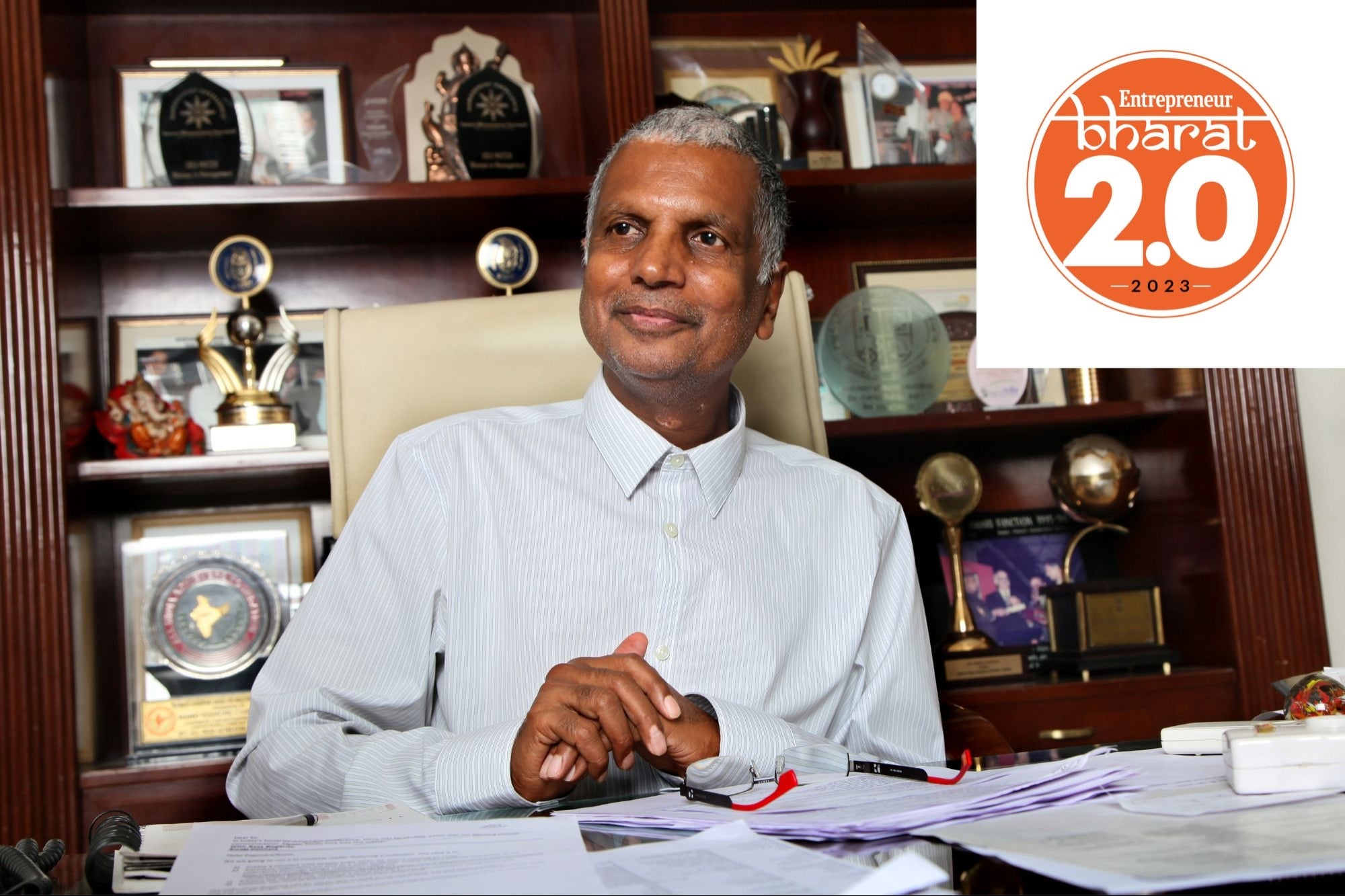Reimagining the New Mandate For the Future WorkforceAt the macro level, an upending of age-old work culture dynamics and management practices are creating newer opportunities
ByA.R. Ramesh•
Opinions expressed by Entrepreneur contributors are their own.
You're reading Entrepreneur India, an international franchise of Entrepreneur Media.

The COVID-19 pandemic has been both a fiscal and social catastrophe, and we are yet to see the light at the end of the tunnel. But with a plethora of vaccines being rolled out, it's now feasible to be guardedly optimistic that we will turn the corner to the next normal soon. During the COVID-19 crisis, one area that has seen incredible transformation and growth is our way of working, the resilience of our workforce, and the impact of technology on every sphere: from remote working to talent sourcing to virtual interviews/selection to on boarding and the use of artificial intelligence (AI) and machine learning across the value chain to enhance productivity and improve operations and experience.
At the macro level, an upending of age-old work culture dynamics and management practices are creating newer opportunities. Clearly, we are now at the inflection point of the transition. Barring any further unforeseen catastrophes, we can now look forward to shaping a new work mandate rather than just dragging the present. To keep pace with the altering talent expectations and opportunities, employers need to make three core shifts. First, they need to switch traditional talent management models with more flexible ones that can generate more meaningful employee engagement. Second, within the organization, they need to build new leadership and talent-management capabilities. Third, technology is becoming an inherent part of every aspect of our work environment. Hence, employees need to become more tech-savvy and nimble to stay abreast of the advances in automation, digitization, and use of new-age technologies that have accelerated during the pandemic.
The world of work will not return to what we knew before the crisis struck. In the current situation, while the debate on the merits and demerits of physical workspaces continues; there is no doubt that remote working is here to stay. There is no denying that desk space will definitely decrease and the virtual teams and resident spaces will only become more agile and collaborative. I personally believe that remote working is built for cooperation, not collaboration. There is always going to be a need for somewhere that people can congregate and feel a sense of belonging; whether we do it daily, weekly or monthly. While office centricity is indeed over, many organizations have indicated that it's time to get back to work. However, we need to be cautious while reversing the transition to ensure employee productivity and psychological comfort are not compromised and supportive measures are in place to ensure a smooth re-entry.
The work-life balance is a much-discussed topic, with many debates on the veracity of the real value of an eight-hour/five-day week (definitely more) workday/weekday and presenter's complex. It is time to step back and reconsider which outdated ways of working exist more as a norm and probably not out of necessity. One of the biggest learnings from the recent past is that employees can function well while accommodating familial obligations. Encourage your teams to pursue and value creative ideas or solutions that emerge during an informal chai break, rather than mandating face time in a meeting room. Choose wisely between the gratifying speed of response over the quality of response, or the longer workday over a more productive one.
Studies indicate that the benefits of reskilling current staff, rather than letting them go and then finding new talent provides both cost benefits and better fitment. Investing in employees can also foster loyalty, improve customer satisfaction, and create a positive brand perception. Relevant formal and informal training opportunities are essential. Successful reskilling starts with a good understanding of the current and near-future skill requirements, customized tailored learning opportunities to meet them; and assessing what works and doesn't work. Most importantly, it requires a commitment to inculcate a culture of lifelong learning and building relevant competencies.
While we are heading to a phased unlocking, many companies are still determining how they will operate their talent needs and how the dynamics of hiring are likely to change. The contingent workforce continues to gain popularity. Due to the multiple waves, businesses are more open to deploying flexible staffing as it allows them to be more agile amid the uncertainty of the current business environment. The new remote workforce has also unlocked a more geographically diverse skill base for those that have the ability to expand their recruiting the network quickly. Newer models are emerging: staffing on demand, hire train to deploy to build competitive advantage.
Let us not lose the lesson once the crisis ends. Organizations should try to create a protocol that fits genuine workers, rather than idealized ones. The bounce-back will therefore likely underline innovative approaches for creating value. This can help create an environment to foster healthier employees and better-performing organizations.












